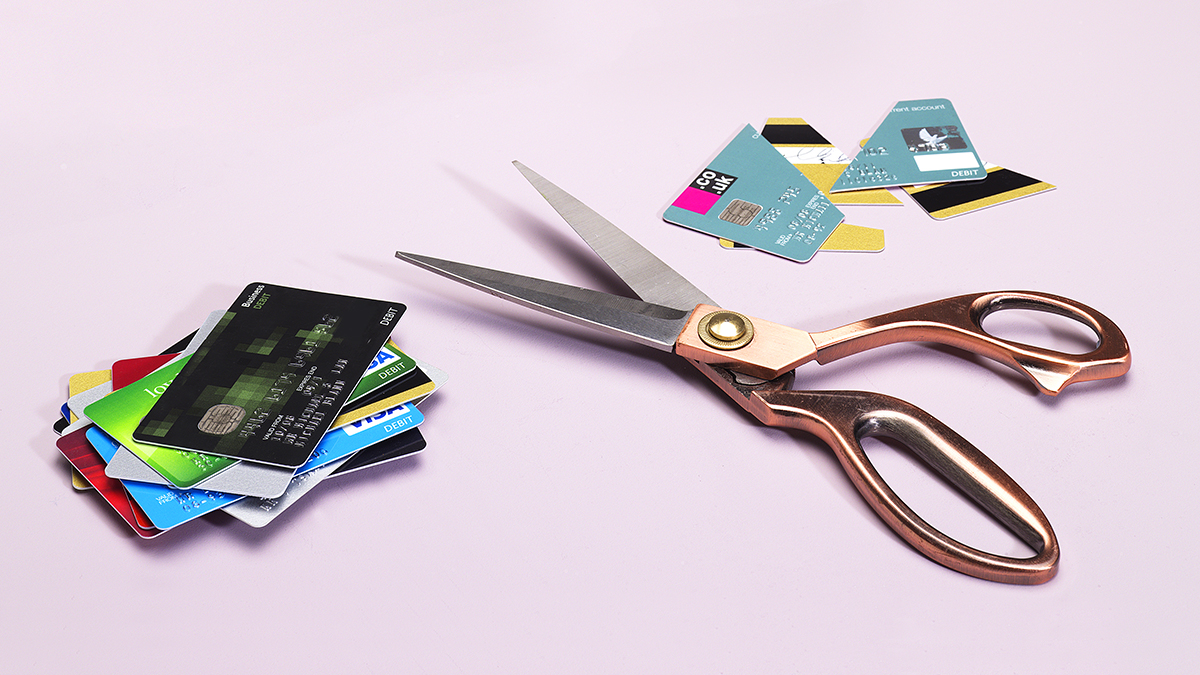Managing personal finances feels impossible sometimes, especially if you never learned how. Maybe you’ve just started working, or maybe unexpected expenses piled up faster than expected.
Luckily, there are practical steps to get back on track, and they don’t need to involve complex investment strategies or spreadsheets that look like alien hieroglyphics. We’ll break it down so anyone can start managing their cash more effectively and even have a little fun along the way.
Key Points:
- Set clear spending limits
- Keep savings simple
- Prioritize needs over wants
- Use “fun money” budgets for extras
- Make credit cards work for you
Where to Start with Money Management

The goal is simple: get control over where your cash goes. Start by setting a budget. Budgets may sound dull, but they’re just a game plan for your money. They tell you what goes where, and they’re the first step to fixing spending habits. Without a budget, you’ll feel like cash vanishes every month with no clue where it went.
Consider using the 50/30/20 rule: spend 50% on essentials, 30% on wants, and 20% on savings or debt. This breakdown keeps things easy and covers your needs. It’s not a strict science but an easy guide to stay on track.
Keep it Simple with Savings
Savings accounts are your friend. Start with an emergency fund to cover three months of expenses. Put it in a savings account where it’s safe but accessible. Think of it as your “sleep-better-at-night” money. When something breaks or an emergency pops up, this stash will save you from debt.
Now, if you’re sitting here thinking, “But I can barely save anything now!” start small. Even saving a little each month builds momentum. Soon enough, you’ll see your account grow.
Track Expenses Like a Detective
Do you know where every dollar goes? If not, it’s time to track it. Tracking expenses helps you spot the small leaks that add up. Coffee, take-out, random online purchases—all these things seem small but drain your cash fast.
An app like Mint or YNAB (You Need a Budget) can help track expenses easily. If apps aren’t your thing, a simple notebook works just fine. Review spending weekly.
Avoid Credit Card Traps

Credit cards can be friends or enemies, depending on how you use them. Only charge what you can pay off monthly. Carrying a balance costs extra in interest, and over time, it grows into a money pit.
If you pay off your card monthly, credit cards can help with points or cash back. But avoid making minimum payments, or you’ll be stuck paying far more than the original amount. Think of credit cards as tools to be used wisely.
Latest News on Personal Finance Hacks
If the whole world feels like it’s burning money, know you’re not alone. Financial advice is constantly evolving, and staying informed is key. To keep up with the latest news on hacks, check out updates online for tips that keep up with trends and practical new strategies. Find ideas for smarter spending on ItsOnSiteTV.
Automate Payments and Savings
Manual saving relies on remembering. Most people forget, so automate whenever possible. Set automatic transfers from checking to savings so that it happens without thinking. Do the same with bills, especially if late fees are a problem.
With automated payments, you’ll reduce stress and avoid penalties. Automating might sound basic, but it takes away the temptation to spend that money elsewhere. It keeps things smooth.
Small Changes, Big Impact

Sometimes the tiniest tweaks make the most difference. Try meal planning, which saves money and helps avoid impulse buys. Cut unnecessary subscriptions—streaming services, magazine subscriptions, or any random recurring expenses. Go through your bank statement and see what’s slipping through the cracks.
Here’s a list of other little tricks:
- Skip the latte (maybe once or twice a week)
- Choose budget-friendly groceries
- Make your lunch at home
These changes look minor, but each one frees up a little extra cash. Added up over time, they give you more flexibility.
Try the Cash-Only Challenge
If swiping a card leads to overspending, try the cash-only challenge. Withdraw a set amount each week for non-essential expenses and stick to it. It’s a solid way to control spending because once the cash is gone, it’s gone. You’ll think twice about purchases and start noticing where money disappears.
Cash-only works especially well for entertainment, dining out, or impulse buys. A cash-only challenge doesn’t need to be forever, but it’s helpful for staying within a budget.
Use the “Fun Money” Method
Life’s no fun without treats. The “fun money” method sets a separate budget for fun stuff. It’s easy to feel restricted with tight budgets, but fun money keeps things enjoyable. Use it for small pleasures without guilt.
Knowing you have a little flexibility each month will keep motivation high and spending under control.
Avoid Lifestyle Inflation

When income increases, it’s tempting to start spending more. New income often goes straight to nicer meals, bigger subscriptions, or other luxuries. This phenomenon, called lifestyle inflation, can quietly undermine financial progress. Instead of letting expenses rise with income, aim to maintain the same lifestyle for a while.
Redirect extra income toward savings or debt. It’s not about depriving yourself but about sticking to the habits that keep finances in check. By keeping expenses steady, you’ll build a stronger financial cushion without feeling stretched.
Review Financial Goals Regularly
Setting goals gives spending purpose. Instead of buying things aimlessly, aim for milestones. This can be as big as saving for a house or as small as a weekend trip. Decide what’s worth the cost and set clear goals.
Write down each goal, like a vision board. Keep track of progress to stay motivated. Checking in every few months makes a difference and keeps everything aligned.
Final Thoughts
Money management gets easier when you simplify. By focusing on basic principles—like budgeting, tracking, and saving—it’s possible to make real progress without getting overwhelmed. The trick is consistency. Even small steps, repeated over time, create big results.




